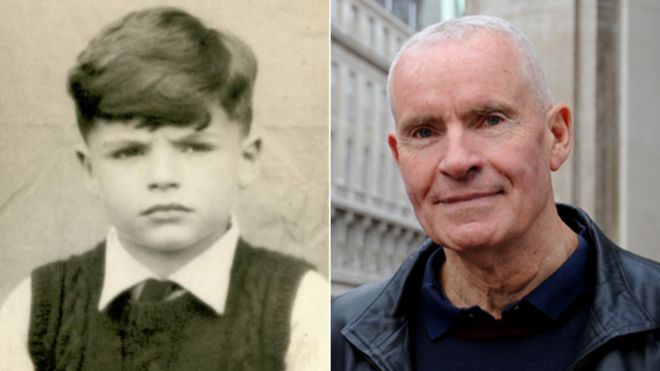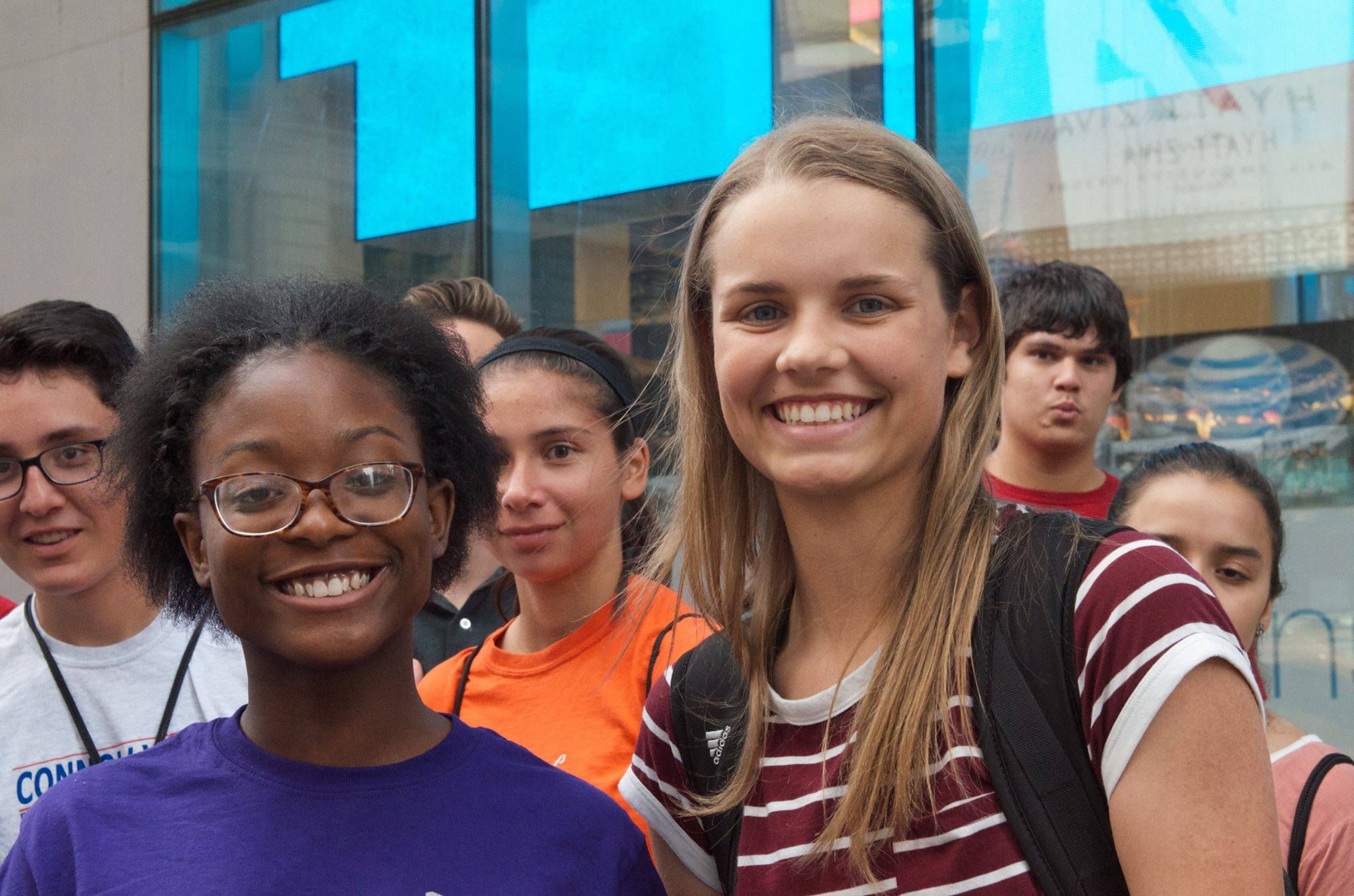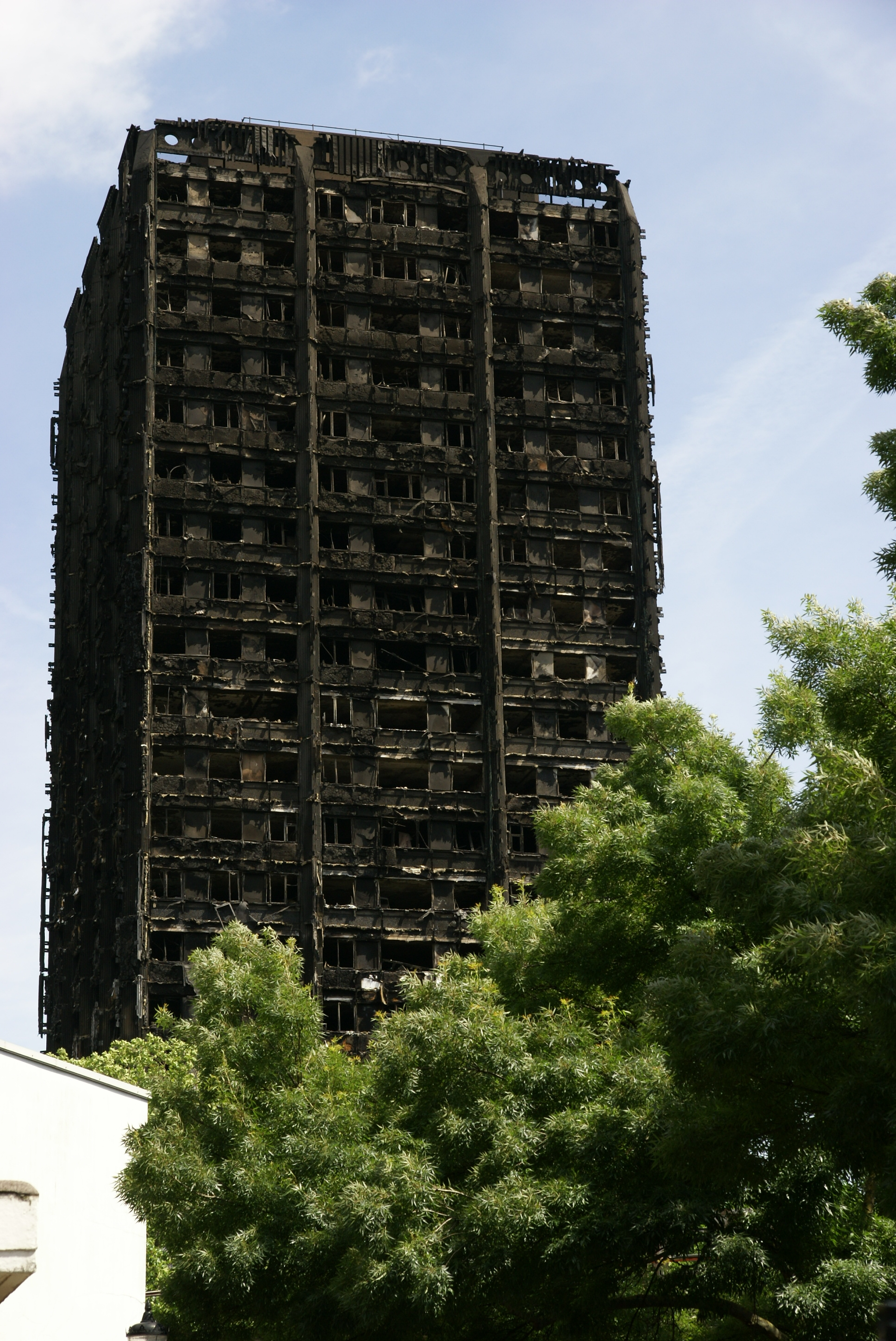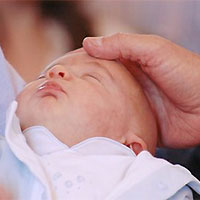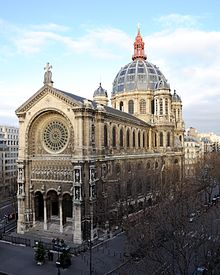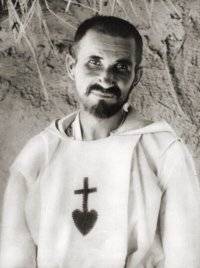Reflecting on the power of music, he said,
‘… [Music] portrays every human emotion… [It] speaks directly from one human being to another with no barrier of gender, sexuality or race…Music enriches our lives and it has an incredible knack of conjuring memories and can transport us back to past times and places…. Music also teaches skills that can be useful in other areas of life including team work, discipline and self awareness as well as teaching social skills…. Music has the power to literally transform lives…’
Music moves us deeply. It taps into the emotional core of our being. It is no wonder then that music has accompanied the worship of people of faith across the millennia and has been used to tell and retain the story of cultures and communities alike.
In this piece I will begin to explore why music, especially live music, moves us deeply; to clarify why it intersects with the core of our being to simultaneously root us in a particular place, or amongst particular people; why it create powerful memories in us; and also to explore why live music begins to point us back towards God.
Firstly, some context. I hope you have had a chance to listen to the playlist of music accompanying this piece.
I first heard ‘Man of A Thousand Faces’ played live at the Bataclan in Paris. It’s a small theatre. None of my friends at the that time liked the band, so I went to the gig alone. Surrounded by strangers, as the song built and built to it’s soaring climax, I can vividly recall weeping. I wept again when I recalled that gig and others I had been to there when I heard of the attacks in Paris in November 2015, one centred on that same theatre.
I first heard ‘All I Need’ played live by Radiohead, when I saw them play a concert in the open air at Victoria Park in London. Standing with my oldest friend, surrounded by strangers, I found myself deeply moved by the music and the experience. Rhiddian Brook, the author and broadcaster, reflected on how the experience had affected both him and a friend who were at the same concert,
‘…Half way through a beautiful song by the band… my friend, who as far as I know has no religious affiliations, turned to me with tears in his eyes and said that he was having a religious experience. He wasn't being glib. Something was happening in that moment; something powerful enough to make him cry, embrace me and for both of us raise our hands in a gesture of abandoned praise. We both knew, without saying so, that we weren't worshipping the band - great though they are - and that this 'something' was about more than just music….’
I first heard Rush play live back in 1988 in the impersonal environment of the Birmingham NEC. A huge barn of a place that treats people not unlike cattle - herding them into zones and rows. I’ve seen them twice since, most recently in May 2013 at the O2 stadium. During the concert , I was squirrelled from my designated pen down into the 3rd row by a friend of mine. I was so close to the band that I could hear Neil Peart’s drums as he played them above the wonderfully mixed sound. As the guitarist Alex Lifeson burst into the solo of the track ‘The Garden’ a lump appeared in my throat and I found tears welling in my eyes.
Secondly, an attempt at a definition. When I speak of ‘progressive music’ I am talking about a genre that doesn’t really exist. But for the sake of this piece, I will define as something broader than Progressive Rock music which has it’s roots in a revival of British music in the early 1970s with bands such as Yes, King Crimson, ELP and Genesis. The genre has grown, and as the name suggests it could be defined as anything that pushes the boundaries of a particular genre by what instruments are used to perform the piece; often by a use of complex and shifting time signatures; and by the overlaying of different, sometimes contrasting, sometimes clashing melodies. Therefore in general terms, progressive music is anything that nestles up against jazz on the one hand and rock and metal on the other; and up against pop and dance music at the other extremities. The reason I am writing about it is it is a genre that I have loved for over 30 years. It is a genre which moves my feet and my heart and presents a musical complexity created by an interplay of astonishing musicianship and technical skill which often resolves in beautiful melodies.
It is said that Michel Foucault was described by one of his colleagues as a passeur, that is, a person of passage, who was able to cross the territory lines of many academic disciplines. The passeur could also be defined as a person of power, who uses that power in the service of others. This could be true of many vocations such as a priest. But passeurs could also be those who help others traverse societal and cultural boundaries of race, gender, ethnicity, religious affiliation and the such like. They could be found amongst artists. Musicians typify this because of the effect that music has on us all. It is a great leveller. As a band plays, however harsh or abstract the music they make may be, there is simultaneously something powerful and organic taking place.
I was at a metal gig recently, and was stood at the bar waiting to buy a drink, and the man in the queue in front of me turned to me wide eyed and exclaimed ‘This in our church! This is where we come to worship!’ And he meant it. The music transported us out of ourselves, somewhere else, and for many of us, when life is difficult for all sorts of reasons, music isn't a welcome escape from our all too human experience, but begins to transport us to a place where we can begin to experience the glory which we are promised by God.
Live music is something almost organic because as the musicians play they are completely relying on each other to bring to life externally what they are experiencing internally; there is an exchange and interchange of power between persons as the rhythm of the drums provide the heartbeat behind bass guitar, whose low tones almost physically provide the foundation for the guitar, whose chords weave and entwine within this auditory collage, allowing for the vocalist to sail on the surface of those waves providing colour and story. The music creates a new unique whole, from the individual and diverse talents of those playing. This in turn interacts with the emotions and lives of the audience, who in turn respond to the music and the musicians playing.
1. The Greek word poeis come from ποιέω which means to make. The artist, and in this case the musician is a poet in that they are creating something. In that sense all artistic endeavour mirrors God’s poetic work. It is part of an ongoing response to having the breath of life breathed into us or us bearing the Imago Dei. The key difference being that God creates from nothing. The musician starts with something be it their own experience of love or the world, but their music is often a creative result of that intersection. God creates in delight. The Book of Genesis speaks about God’s delight in all that He had made; it is as if He cannot help Himself. It is in Him as His creating is directly related to His loving. In Genesis 1 God sees that which has come to be as good.
Music also enables the telling of a community’s story. The words of the Psalms in the Old Testament gather and present pretty much the gamut of human emotion and experience and present that to God; and using psalmody in Jewish and Christian worship allows the words to express what we express in the presence of our Creator and to continue to tell an important part of the story of a people. Similarly for me, contemporary progressive music is that backdrop to my own life and experience. Bands like Rush, Marillion and King’s X from my earliest years have either caught how I feel about my life and the world and expressed it in song, or tell bigger or more general stories about politics or love or injustice which express the artist’s views. But in my experience progressive music, like traditional story telling, tells the story of a tribe - so when I go to a Rush gig standing on my own with thousands of other aging balding men; weeping as Alex Lifeson’s guitar soared - as they perform, the band are telling parts of our individual and corporate story, as well as the story contained in the song’s lyrics.
2. Music: Memory and Sacrament.
Memory is a powerful thing. For the Christian specially so. Jesus’ words at the Last Supper ‘Do this in remembrance of me’ are at the heart of our shared life and experience. One of the debates amongst theological students and their teachers is: what is going on at the Eucharist? I would argue that Jesus is really present in the Eucharist in the bread and wine, but by the point that people make their Communion, He is also really present in His people: we arrive in church as individuals from different places in differing contexts, yet as the words of institution are prayed over the bread and wine and we are invited to share in them, we are transformed to being the Body of Christ where we are.
Experience says that there is something similar happening at a live music event. I can arrive at a venue, knowing no one, and yet share something there with strangers that transforms us all into a community of fans.
The heart of Eucharistic liturgy is Jesus’ words at the anamnesis - where the words bring the past physically as it were into the present - where we gather together with our Lord and the disciples together with countless others in the Upper Room. I would argue that music has a sacramental power to transport and root us in different times and places and can bring something emotionally from that past back into our present. Hence my own experience of hearing Marillion at the Bataclan back in the mid 90s, and hearing then of the shootings there in 2015 caused memories and emotions to collide in me but also because that was an attack on music lovers and gig goers like me. It became personal.
Was that metal gig that I referred to earlier a church experience? In some senses yes - individuals gathered together and were transformed through a shared experience into being a body of fans; the musicians on the stage were creating music, and in so doing they reflected on their own experience of life as they did. In the act of playing that music there on that day they were mirroring the actions of God, who was somehow present there, delighting in that which He has made.
Music can dull the memory - I’m sure for all of us there will be music which we will deliberately play to ‘lift us’ after a challenging encounter or a tough day. Music can be an emotional anaesthetic in that sense. But if music can tell the story of our lives and the lives of others or of a better place or a better vision, music also therefore has the power transport us to a different time or place. It has an anamnestic power.
3. Music: Contemplation and Paradox
I have cried at many gigs. I also cry at adverts. The latter is because I’m getting old and sentimental. But the former is something different. As Rhiddian Brooke speculated why,
‘…[It is] in part because of the sonic vibrations coursing down the cerebral cortex, the mass gathering of people and the quantity of beer were all combining to produce a heightened feeling of euphoria. But should I write off what my friend was saying [about having a religious experience and crying as a response to it] purely on the grounds of it being just a feeling? I think he was experiencing something that many of us do but can't always name - that sense of something beyond ourselves and the feeling of rapture and exaltation that goes with it The music - like stunning scenery or a fine painting - was really just a window through which he caught a glimpse of 'the other', the something beyond the veil of what we can see with our eyes and explain with our minds…’
Two final stories. Firstly, I grew up in Preston in Lancashire and at the Guild celebrations every 20 years, the towns churches put on a passion play. I can recall taking part in this pilgrimage as a teenager and witnessing the Crucifixion scene in the market. It was moving seeing this story retold in familiar places. In front of me were two girls who were younger than me. As Jesus was lifted up on the cross, one turned to the other and said, ‘Who is that man and what are they doing to him?’ They did not recognise or know the story.
In my lifetime Band Aid and Live Aid are cultural high water marks in helping a generation who’s knowledge of the Christian story is scant, to voice a cry for global justice akin to corporate prayer. Music events such as these have managed to harness an acknowledgement that it just doesn’t have to be this way, with a desire to raise money and awareness to enable change. We could discuss the success of this project.
Then in recent days a concert has occurred to corporately express a community and a culture’s solidarity with the suffering and grieving, and to voice with certainty in the face of terror that it just doesn't have to be this way. I am referring to the ‘One Love Manchester’ concert. As Pete Ward pointed out in a piece about the ‘One Love Manchester’ concert recently, what if something else was going on? He goes on to talk about how the Kingdom of God and it’s values (such as justice) are bigger than the church; it is something mysterious and longed for. I would agree with his assessment that signs of the coming Kingdom are to be expected in the church, but they should also be found in our wider culture and society if we are prepared to look for them. Is music a sign of the Kingdom? No, but I would argue that, coupled with the spirit of the age intersecting with Kingdom justice, music does give our culture (which knows neither the story nor possesses the vocabulary) the ability to not only speak about, but experience something of God.
Back to me crying a gig. As the apostle Paul - a man who had a spectacular 3D religious experience - once put it: 'since the creation of the world God's invisible qualities can been clearly seen all around us.' In all that is beautiful and excellent, in all that is good, creation shouts and whispers the rumour of the divine. Progressive music is a paradox in which musical style, instrumentation and melody all often contradict each other, but, as we experience this melting pot of style in a live context, it is also a paradox in the sense that this sort of experience can draw us near to (para) glory (doxa.)
The theologian Rudolf Otto - called this sense of 'the tremendous' or the mysterious - 'the numinous - a place where the poetry of the musician orients us towards the Creator; somehow present with that which is created; the corporate experience and the sense of transformation that it brings for the audience; and the music’s sheer ability to transport us to other times and places where the King and Kingdom may be unexpectedly be found - the language of religious experience may quite rightly be used to describe my emotional response to music where tempo, melody, rhythm and structure constantly vie for priority; and where the relationship between musician and audience enable us all to become passeurs and gather us towards the Divine.
Back to the man who exclaimed, ‘This is our church! This where we come to worship!’ Otto also said that a religious experience required an ethical dimension, implying that the full measure of the religious experience was not how spectacular it was - but the fruit it bore. A special effect needs to have a special effect. Music can lead us only so far. It can give us the experience but not necessarily the language.
When the prophet Isaiah had his fantastic encounter with God, his response wasn't so much wow! but woe: 'woe to me for I am a man of unclean lips' he said. And it's this response, rather than the seraphim, or the blinding light, or the figure on the throne that makes it meaningful. The experience leads to an instant inner transformation. And interestingly, Isaiah doesn't go and tell people about the vision. He tells them to turn to God, to help the sick and the poor and broken. Or as Paul himself bluntly put it: if you really want a religious experience go and look after the widows and the orphans.
